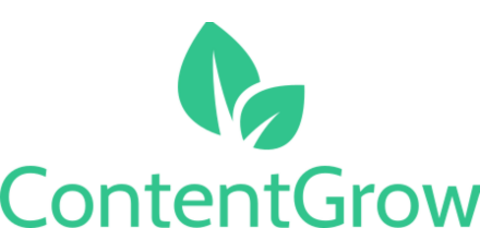PepsiCo bets big on ‘agentic AI’ by 2026. Should your brand do the same?
As PepsiCo declares an AI-first overhaul, top execs at Dell and Accenture say transformation is no longer optional
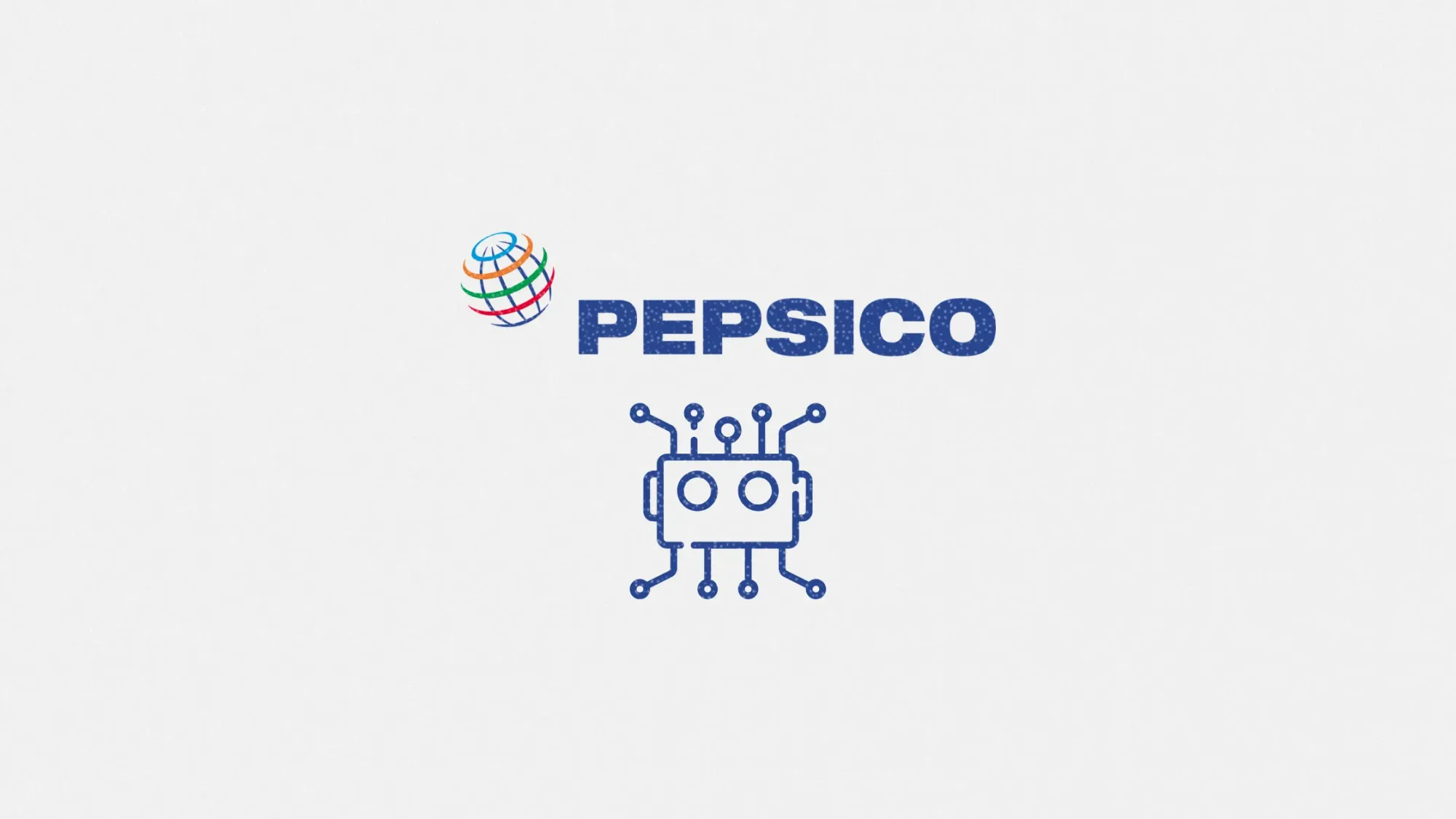
At Salesforce’s Dreamforce 2025, PepsiCo made one of the boldest AI declarations yet: by the end of 2026, the global brand plans to be fully “agentic AI-first” across every part of its business. Translation for marketers? AI isn’t just for chatbots or ad targeting anymore—it’s becoming core to how enterprise strategy, operations, and innovation are wired together.
PepsiCo’s pitch wasn’t isolated. The same keynote stage saw leaders from Dell Technologies and Accenture echo the urgency. For companies large and small, the message was clear: treat AI as the driver of reinvention, not just a tool.
This article unpacks the declarations made, what "agentic AI" really means, and what marketers should take away from this strategic shift.
Short on time?
Here’s a table of contents for quick access:
- PepsiCo plans full AI integration by 2026
- Dell: disrupt yourself or risk being disrupted
- Accenture: AI reinvention is a leadership test
- What marketers should know
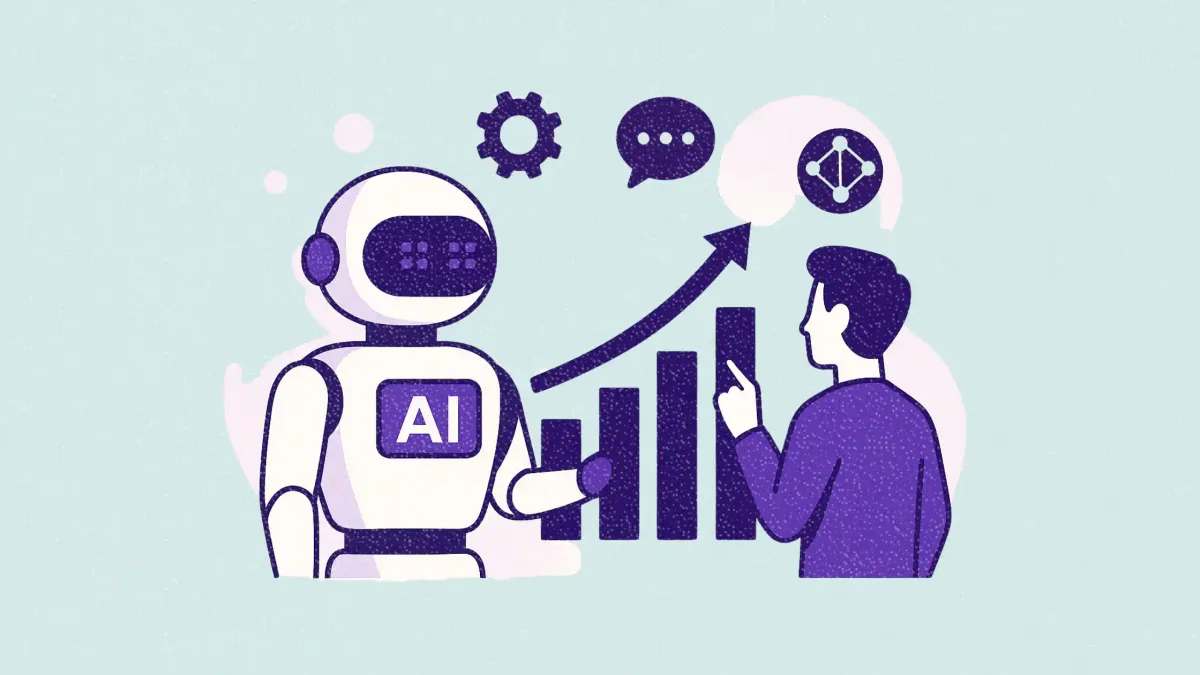
PepsiCo plans full AI integration by 2026
Athina Kanioura, Executive Vice President and Chief Strategy and Transformation Officer at PepsiCo, told Dreamforce attendees that the company’s transformation isn’t just cosmetic. Through Salesforce’s Agentforce 360 platform, PepsiCo aims to integrate AI across every layer—from operations and strategy to innovation and employee mindset.
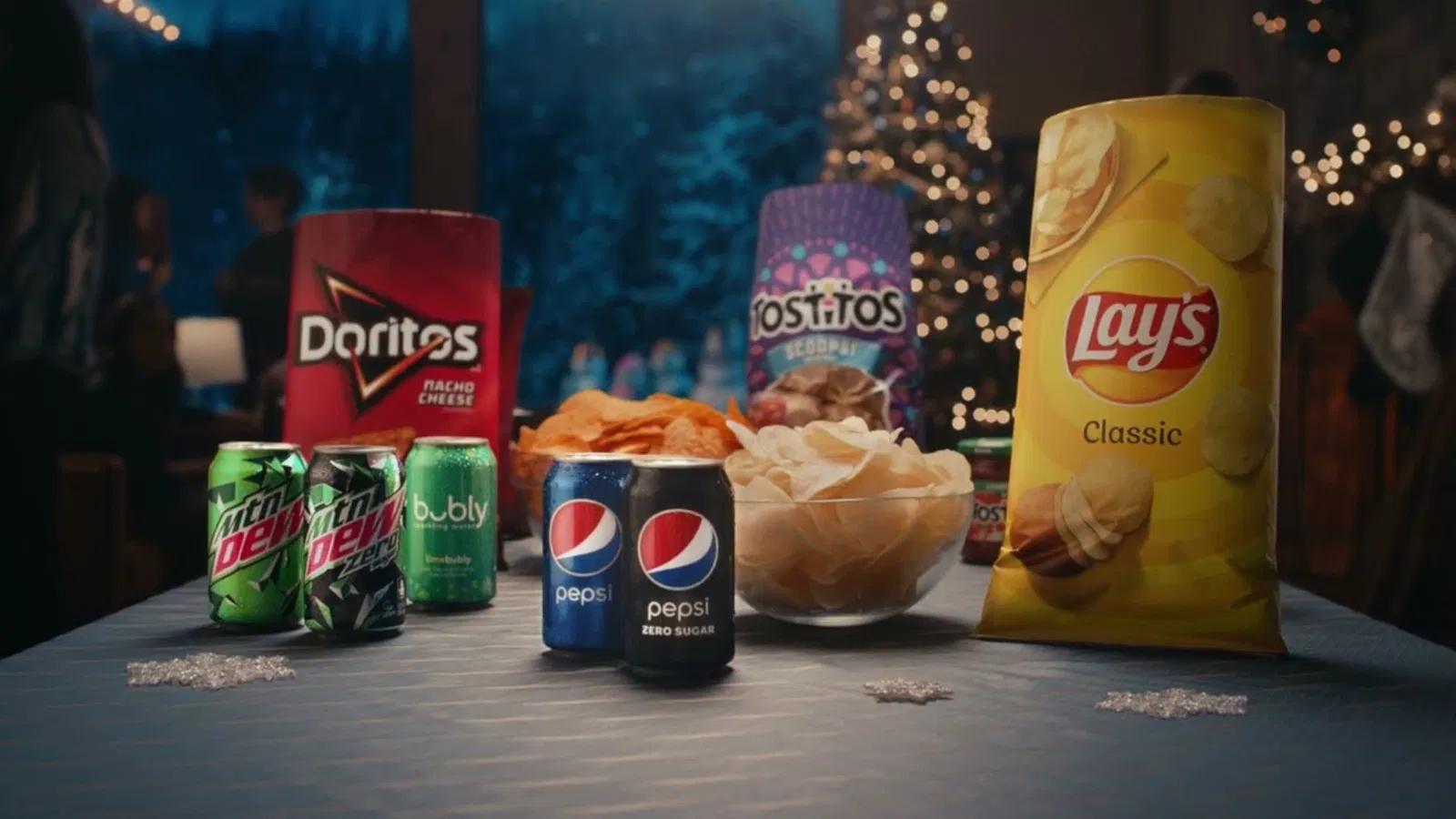
“We will be agentic in every part of the business,” said Kanioura, emphasizing that every process—from commercial strategy to execution—will be connected by AI. This includes embedding intelligence into employee workflows to push for what she called a “sales and growth mindset.”
Kanioura credited Salesforce as a key partner, specifically citing integration across marketing, sales, service, field operations, and supply chain using platforms like Slack. The goal is to enable every PepsiCo employee to “do what is possible and reach their full potential.”
Dell: disrupt yourself or risk being disrupted
Michael Dell took a more cautionary tone in his address. Citing the rise of powerful AI models since late 2022, he described a future where companies that don’t lean into transformation could be overtaken by more agile disruptors.
“There’s always a fear that [new] technologies are going to replace humans. AI is going to augment humans, not replace them,” Dell warned. He added that Dell Technologies has completely reimagined its business around AI, urging other enterprises to do the same before market conditions force their hand.
Accenture: AI reinvention is a leadership test
Accenture Chair and CEO Julie Sweet underscored that AI transformation is more than a technology challenge—it’s a test of leadership willingness to break from old models. She defined the shift as reinvention, not iteration.
“Fortune 500s can survive AI but they have to be willing to reinvent themselves top to bottom,’” said Sweet. Her litmus test? If you’re not routinely seeing big deltas between old and new ways of working, you’re not pushing hard enough.
What marketers should know
Agentic AI and enterprise-wide transformation may sound like operations-speak, but they’re about to have major implications for marketing, customer experience, and go-to-market strategy. Here’s what matters now:
1. Enterprise AI will reshape how marketing collaborates
Marketing will no longer operate as a siloed department using separate tools. As companies like PepsiCo embed AI across systems, marketing teams must align more closely with operations, product, and customer service to deliver unified growth outcomes.
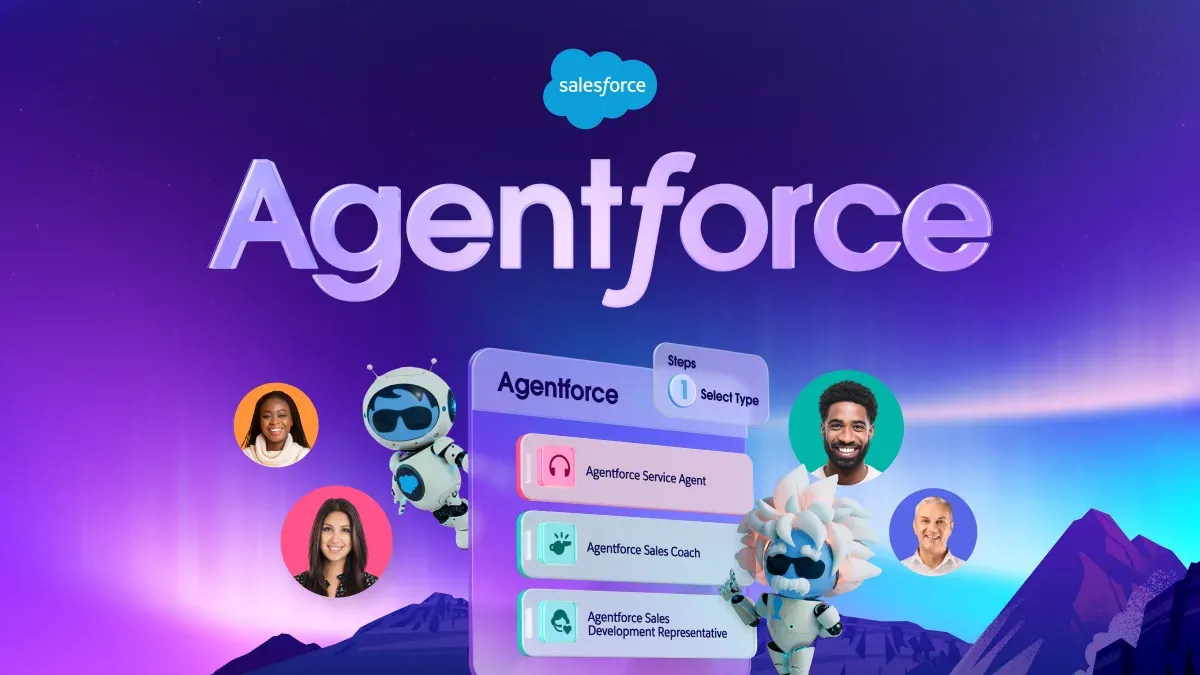
2. “Agentic” means proactive, not reactive marketing
Agentic AI implies systems that take initiative. Think of AI not just reacting to user data, but anticipating needs, guiding campaigns, and even shaping creative execution. Marketers will need to build strategies around AI-driven decision loops.
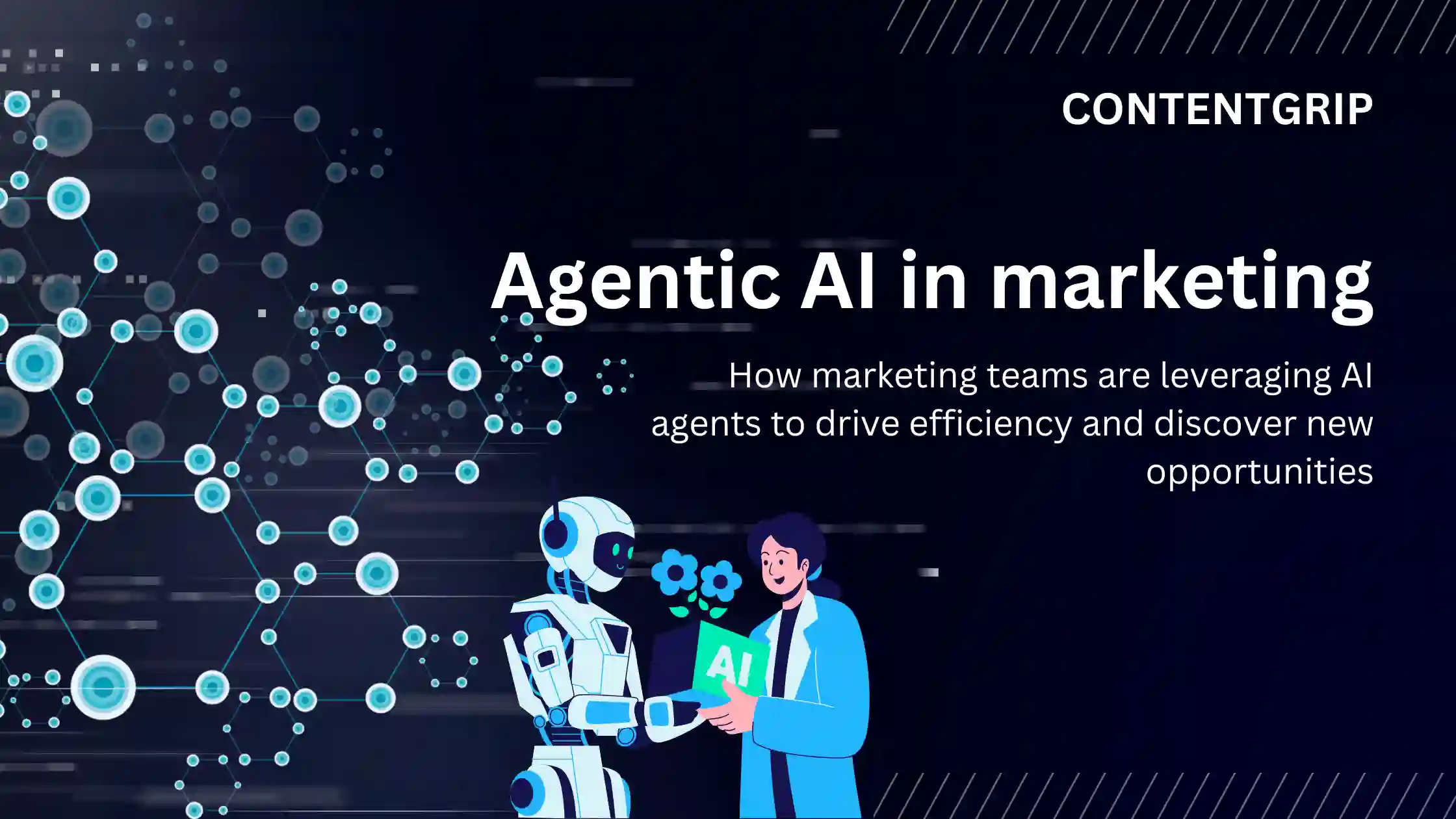
3. Internal transformation impacts customer messaging
If every employee is expected to have a sales and growth mindset, external brand messaging will need to follow suit. Marketing strategies will have to reflect this AI-infused culture shift—internally and externally.
4. Salesforce and Slack will shape martech architecture
With PepsiCo standardizing AI efforts on Salesforce’s stack, expect more global brands to follow. Marketers should pay attention to how tools like Agentforce 360 and Slack’s automation features get embedded into daily workflows.
Dreamforce 2025 sent a loud signal: the AI race is no longer about adoption—it’s about reinvention. PepsiCo’s move to be agentic AI-first by 2026 sets a bold precedent, and Dell and Accenture are echoing the urgency.
For marketers, this isn’t just a tech update. It’s a mandate to rethink how strategies are built, how value is delivered, and how to stay relevant in a market that’s accelerating faster than ever.
